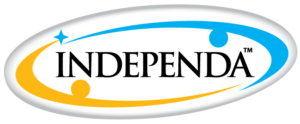It is common knowledge that the aging Baby Boomer generation poses substantial challenges for medical and eldercare professionals, who must adapt their already overextended resources to accommodate a dramatic surge in the elderly population. This demographic shift is also affecting millions of adult children who have taken on the role of caretaker for their aging parents – an issue that the U.S. Congressional Budget Office sought to quantify in a recent report, which was covered by Forbes.
"People under age 85 with limitations in three or more [activities of daily living (ADLs)] who live at home rather in a care facility receive an average of 9 hours of assistance per day," Forbes writes. "People age 85 or older with that degree of impairment typically receive about 11 hours of assistance per day, mostly informal."
For older adults who are struggling with cognitive issues like dementia, as well physical limitations, this number rises further to 14 hours of care per day.
If current rates of such impairments hold steady as the older population expands, more American families may require additional caregiver support to aid their loved ones while balancing other professional and personal obligations. For older adults who prefer to age in place, but still require some degree of assistance with daily tasks, there are relatively limited options. By expanding your home-based caregiving services, you can appeal to these individuals and their families – and Independa can provide the tools you need to do so. Our comprehensive telecare suite features remote monitoring, medical reminders and more that can be centrally controlled from one dashboard. Contact us today through our online form to learn more.
